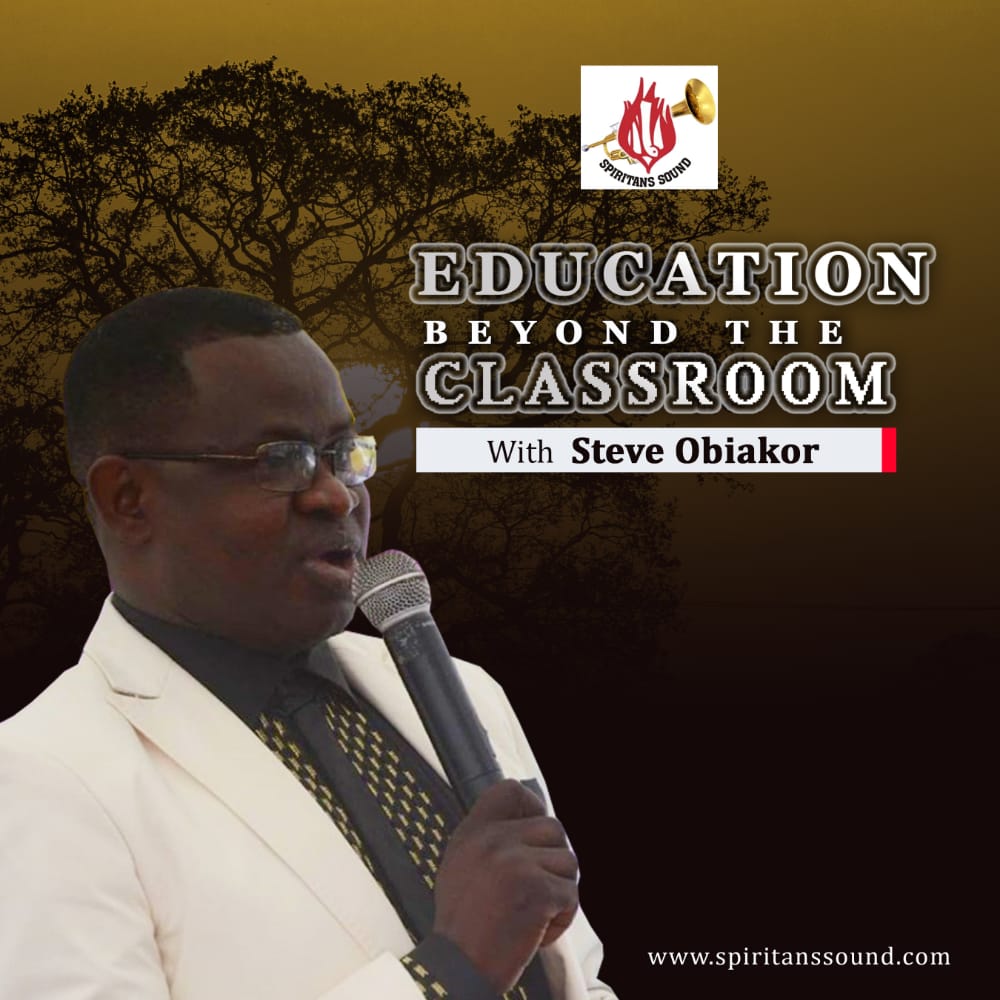Analysis of The 7 Habits of Highly Effective People
Each time I read a Stephen Covey’s publication, I see the world around me from a new perspective; I find a way to live above the ever-increasing noise in the contemporary world. I can bet you won’t forgive yourself if you fail to read this particular book – The 7 Habits of Highly Effective People. Sequel to this publication was The 8th Habit in which he challenged every reader to teach what ever he/she has learnt as a means of having a deeper understanding of the contents. So, here I come to teach the seven habits
First Habit: Be Proactive:
To be proactive means to be foresighted, to prevent problems rather than waiting to solve them. The opposite of proactive is reactive. Do not wait to fail before you act; take actions that’ll prevent failure. Take responsibility for your actions and keep moving; stop blaming your parents; your friends, your partners, your government or your environment. Do not be passive rather be very active in all endevours you find yourself.
It means that as human beings, we are responsible for our own lives. Our behaviour is a function of our decisions, not our conditions…Reactive people are often affected by their physical environment. If the weather is good, they feel good. If it isn’t, it affects their attitude and their performance. Proactive people carry their own weather with them… (Page 71)
Second Habit: Begin with the End in Mind
Whatever you do, think about the result. Set your plans according to your predetermined end. State clearly, your mission as based on your vision. Set your specific, measurable, achievable time-bound goals. Determine how the end of your life would be and work towards it; determine how your carrier would end and work towards it. Think about what would be said of you when you leave a particular office or a particular place of work.
How different our lives are when we really know what is deeply important to us, and, keeping that picture in mind, we manage ourselves each day to be and to do what really matters most. If the ladder is not leaning against the right wall, every step we take just gets us to the wrong place faster. We may be very busy, we may be very efficient, but we’ll also be truly effective when we begin with the end in mind. If you carefully consider what you want to be said of you during your funeral, you will find your true definition of success… (Page 98).
Third Habit: Put First Things First.
Set your priorities right; do most important things first. Business should come before pleasure. Do not waste your time on things that matter less. Do not procrastinate, be disciplined. Avoid irrelevant events and companies. Get education and create value before placing emphasis on money.
Effective self management is putting the first things first; effective self leadership is knowing or deciding what first things are. Then day-by-day, moment- by- moment we carry them out with discipline. Discipline derives from disciple- disciple to an overriding purpose and to a super ordinate goal. (Page 148).
Fourth Habit: Think Win-Win
You are created to fill a vacuum. You must give in order to receive; you must love in order to be loved. Life is neither about extreme left nor extreme right; it is a little to the left; a little to the right. Learn to balance your life options and your life activities. Give others chance too; if you want to win all the time, you’ll be as much miserable as you’ll be if you lose all the time.
If a person can express his feelings and convictions with courage balanced with consideration for the feelings and convictions of others, he is mature especially if the issue is important to both parties… (Page 217)
Fifth Habit: Seek First to Understand then to be Understood
Learn to listen deeply, if you do not understand someone’s point of view, you might not be able to convince the person through a counter narrative.
Most people do not listen with the intent to understand; they listen with the intent to reply. They’re speaking or preparing to speak; filtering everything you say through their own paradigms… (Page 239).
The process of seeking to understand involves listening with the intent to understand. It must be empathic. That is the only way we can understand exactly how other people feel about a situation we are about to deal with. If we listen with the intent to reply, we will end up imposing our own thought processes without really understanding the person. At the end of the day, we achieve inaccurate result.
Sixth Habit: Synergize
To synergize is to cooperate; two heads are said to be better than one. No one ever achieves eminent success alone. It is cooperative creation. The adventure of discovering new things and finding new solutions to old problems require team work and open-mindedness. An African proverb says, whoever buries himself must have one of his hands stuck out. Synergy is required even between man and God. I’ve always told those who care to listen that God cannot help us if we fail to do our own part of the enterprise. God cannot save us without our consent. So, cooperative relationship is needed in all aspects of our lives. In 48 Laws of Power by Robert Greene, law 13 states thus: when asking for help, appeal to people’s self interest and not to their mercy or gratitude. This means you must come to the table with something (a service) that the other person must benefit from too. By so doing, you’re sure of a positive response and at the same time you keep your power of respect, dignity and influence and shut out vulnerability that comes with begging.
Synergy is everywhere in nature. If you plant two plants close together, the roots comingle and improve the quality of the soil so that both plants will grow better than if they were separated. If you put two pieces of wood together, they’ll hold much more than the total of the weight held by each separately. The whole is greater than the sum of its parts. The essence of synergy is to value differences- to respect, to build on strengths, to compensate for weaknesses (Page 263)
Seventh Habit: Sharpen the Saw
To sharpen the saw means to renew our physical, mental, spiritual and emotional energies. It is an indication that there is a limitless realm of greatness to be attained. We must always keep the physical body fit and active through physical exercises, proper nutrition and stress management. Our mental/intellectual energy must be kept alive through reading, writing and researching. To renew ourselves emotionally, we must socialize and keep warm relationships with others. Our spiritual life is tied to our core values. We must be committed to it and keep it alive.
Habit seven is taking time to sharpen the saw. It surrounds the other habits on the Seven Habits Paradigm because it is the habit that makes the other habits possible (Page 287).
The seven habits is a complete whole working together to lead us to greatness.








